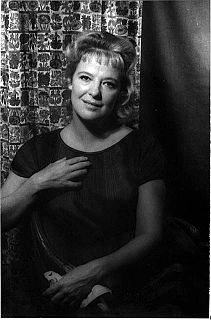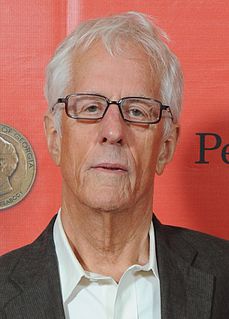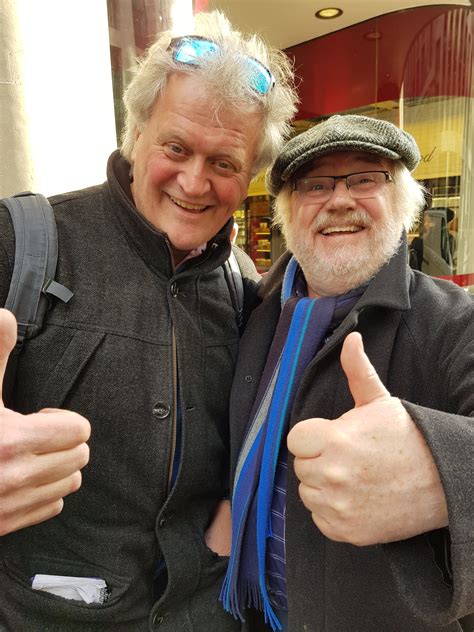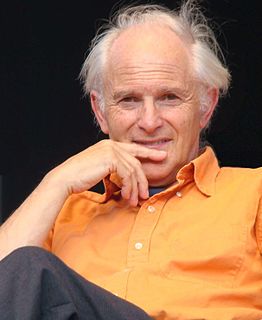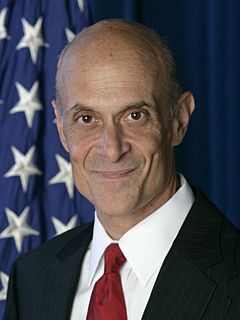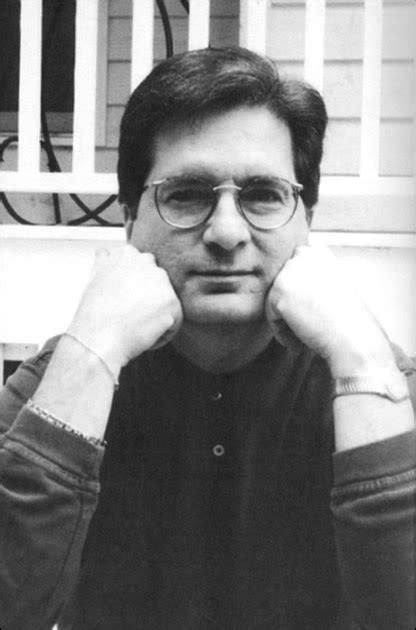A Quote by Justin Cartwright
The druidical claims for Stonehenge seem to belong to that bonkers-but-persistent strand of Englishness that believes there is something particularly mystical about the English themselves, who were clearly a chosen people.
Related Quotes
The only part of an argument that really matters is what we think of the people arguing. X claims a, Y claims b. They make arguments to support their claims with any number of points. But when their listeners remember the discussion, what matters is simply that X believes a and Y believes b. People then form their judgment on what they think of X and Y.
What le Carré is so good at is unpicking something very specific about Englishness. That is almost part of why I think he wrote the novel. You can feel le Carré's anger that someone who has had the benefits of an English education and an English upbringing is using that privilege to basically do the worst things imaginable. There is an anger in the book about that.
I'm not in show business because I don't have to go to the meetings, I'm just not a part of it, I don't belong to it. When you "belong" to something. You want to think about that word, "belong." People should think about that: it means they own you. If you belong to something it owns you, and I just don't care for that. I like spinning out here like one of those subatomic particles that they can't quite pin down.
You don't bargain with terrorists. You don't appease terrorists. And anybody who believes that this is about something we've done has to ask themselves why it is, on September 11, 2001, before we were in Afghanistan, before we were in Iraq, he committed a dastardly attack killing over 3,000 people. I mean, this is not a matter of negotiation; it's a matter of victory.
The larger an English industry was, the more likely it was to go bankrupt, because the English were not naturally corporate people; they disliked working for others and they seemed to resent taking orders. On the whole, directors were treated absurdly well, and workers badly, and most industries were weakened by class suspicion and false economies and cynicism. But the same qualities that made English people seem stubborn and secretive made them, face to face, reliable and true to their word. I thought: The English do small things well and big things badly.
In other words, first we must call people to communion with God, to intimacy with God, to a sense of belonging. Most people are lost, confused, alienated. They suffer and struggle immensely in relationships. We have to proclaim loudly and clearly in our actions and in our words that God loves us that we belong to him. That's a call to the mystical life.

